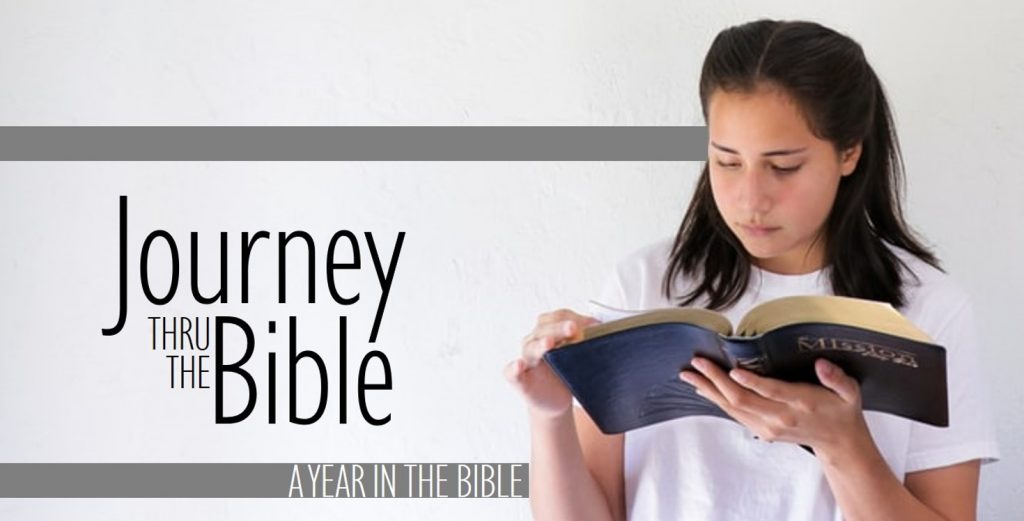
The second book of the Torah or Pentateuch is Exodus. The name of the book in English is from the Greek exodov, which means “going out.” The Hebrew title for the book is twms, “Names,” derived from the opening phrase of the book, “Now these are the names of the children of Israel who came to Egypt…” (Exodus 1:1).
Exodus is the continuation of Genesis. The last verse in Genesis (50:26) spoke of Joseph’s death. After reminding us of the sons of Jacob who had journeyed to Egypt, Exodus 1:6 says, “…Joseph died, all his brothers, and all that generation.”
The first eighteen chapters of Exodus give a narrative record of the events leading up to and including the Hebrew people leaving Egypt. In Joseph’s day, his brethren were welcomed guests in Egypt. However, in the course of time a king rose to power in Egypt who did not know Joseph (1:8). Fearing the size and strength of the people of Israel, he subdued them and made them slaves (1:9-11). However “…the more they afflicted them, the more they multiplied and grew” (1:12). Eventually Pharaoh commanded every male born to the Hebrews should be killed (1:16).
The Hebrew midwives feared God more than the Pharaoh, and so they saved the male children (1:17). Moses was one of those male children who was saved from death. Exodus 2 details his birth and adoption into Pharaoh’s house. It also tells of him falling out of favour with Pharaoh and fleeing from Egypt. In chapter 3, Moses is called by God to return to Egypt to lead the Hebrew people from captivity to the promised land.
Moses and Aaron gave God’s message to the new Pharaoh: “Let My people go.” Pharaoh mocked, “Who is the Lord that I should obey His voice?” Rather than set them free, he increased their hardships. As a result, ten plagues would be sent upon Egypt, beginning with the water turning to blood and culminating with the death of every firstborn in the land. At the end of the plagues, Pharaoh sent the Israelites away.
In Exodus 19, the children of Israel are at the base of Mount Sinai, ready to receive the Law. Recall the promises made to Abraham concerning his descendants in Genesis 12:1-3, 7? In Exodus, the first promise (the nation promise) is fulfilled. At Exodus 19:5-6, God identifies them as “a special treasure” to Him, and calls them “a kingdom of priests and a holy nation.” They were not a captive people, they were a free nation.
The remainder of the book records the Law of Moses. The Law covers a variety of topics. It is both a spiritual law (dealing with worship) and a civic law (dealing with community and social responsibilities). There is a lot of focus on the construction of the tabernacle and it’s furnishings. The book ends with the tabernacle being set up and being filled by the glory of the Lord.
Despite being freed from captivity in Egypt, there was a spirit of discontent among the Israelites. They complained against the Lord and longed for Egypt (Exodus 14:11-12; 16:3; 17:3). In chapter 32, while Moses was on Mount Sinai, the people created a molded calf, proclaiming it to be their god which freed them from Egypt. These troubles were the beginning of issues that eventually cause the Exodus generation to miss out on the promised land.
Next week, we continue with Leviticus…

